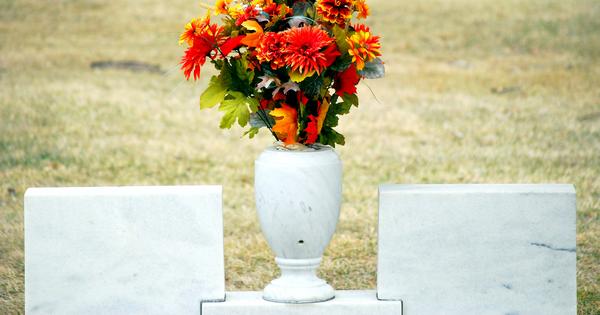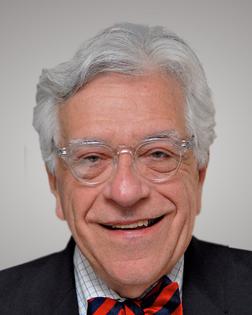The God Squad: How do we repay our debt to the dead?
What is the best way to honor the dead? Leaving aside the question of whether they should be cremated or buried, what other rituals comfort you when you seek to find a way to memorialize your dearly beloved? I am particularly interested in rituals you may have invented to pass on to future generations the life lessons you learned from your ancestors. You see, the essential spiritual fact is that we did not come from nobody. We came from them, and that fact establishes a spiritual debt to them for their love and support and nurture and wisdom. How do we repay that debt to the dead?
Here is an e-mail that might send us off into some productive reflections…
Q: I am a faithful reader of your columns and yours and Father Tom before. I am not so faithful in going to church but that is another matter. The discussion about cremation and burial brings me to a story to tell. Years ago, the young child of a local pastor died at the age of three. L was buried close to our family plots.
Time passed and the pastor was called to a church in Michigan. My mother took over tending to L’s grave. She had always taken care of our graves and had trained her sons to plant flowers and do the weeding. In another cemetery, when at the ceremony for a former father-in-law, upon observing a healthy mess of crabgrass, she said, “don’t ever let crabgrass grow on my grave.” I have tried to live up to that admonition.
I have also tried to live up to her attention to L’s grave. Every year when I plant flowers on the graves in our plot, I always include L’s. I also send a picture of the gravestone with flowers around it to her parents. They are truly appreciative and have invited me to visit them in Michigan. The father also sent me a book he had written about the death of a child and the relationship to God’s grace. It just supports your position on the worth of visiting graves, the memories that come forth, and the satisfaction of tending to the flowers. I also put a stone on my former sister-in-law’s gravestone as she was Jewish.
Thanks for tending to my beliefs with your column. – (From B)
A: Thank you, dear B, for your willingness to tend the flowers and remove the crabgrass. It is a tender and beautiful ritual that sends a message to many. It sends a message to other families who visit the graves in that cemetery that yours is a family that honors and remembers the dead. It sends a message to your family that love does not ask to be repaid but love deserves to be repaid. All the nights of tending to stuffy noses and all the bandages on scraped knees do not require planting flowers and weeding but in a way they do. It is a message that love is an act of tending to the ones we love. After death it is hard — it is very hard — to know how we can continue to tend for those who tended to us when they were alive, but love can find a way and flowers are a way.
However, there are cemeteries that do not allow flowers and they can also be places of what I would call organic spiritual remembrance. Here is an example,
Q: My brother and husband are both buried at the Prairie Creek Conservation cemetery in Gainesville, Florida. It is a green cemetery where the deceased are buried in a shroud or biodegradable container. There is no stone marker, but there is a small, round metal stake pounded into the ground with the name of the person and dates of birth and death. There is also a register that can be used to find out where someone is buried. The cemetery is surrounded by natural woods and foliage. No outside plants or flowers are to be brought in. Friends paid to have a plant dug up and re-planted near my brother. The graves are spaced apart and part of the purpose of the cemetery is to keep the area from being developed. There is one exception to the natural rules and that is a metal arch for Jewish burials. I will be buried there under a sparkleberry bush near my husband. Side note: My husband and I were married in the beautiful lodge on the conservation land. – (From J).
A: I love the sparkleberry bush. Remember that when God appeared first to Moses it was in a bush. Somehow the things that grow remind us of the things that will never die.
(Send ALL QUESTIONS AND COMMENTS to The God Squad via email at godsquadquestion@aol.com. Rabbi Gellman is the author of several books, including “Religion for Dummies,” co-written with Fr. Tom Hartman. Also, the new God Squad podcast is now available.)
©2023 The God Squad. Distributed by Tribune Content Agency, LLC.
(c) 2023 THE GOD SQUAD DISTRIBUTED BY TRIBUNE MEDIA SERVICES, INC.












Comments